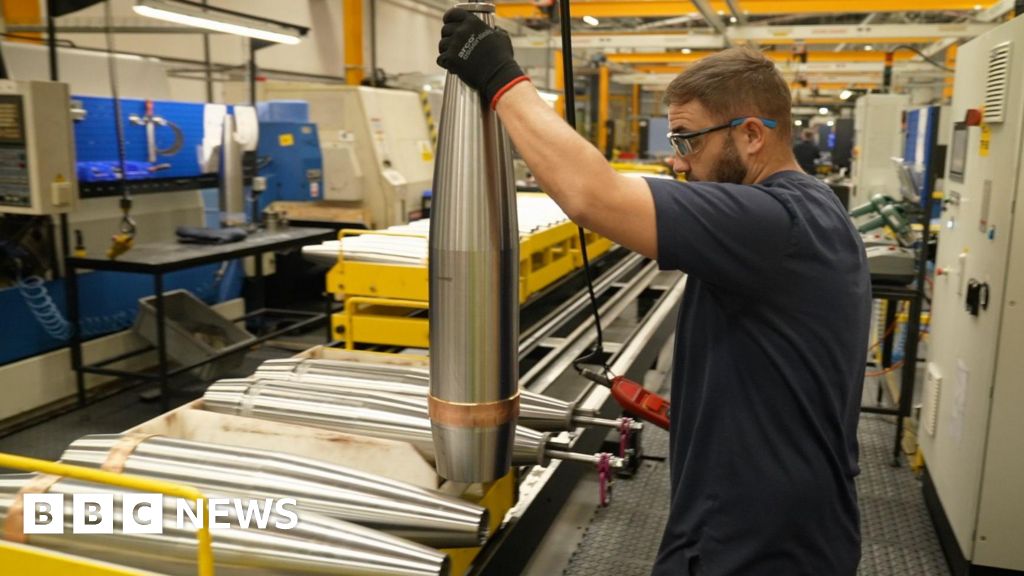ARTICLE AD BOX
Image source, Getty Images
Image caption, Chancellor Rishi Sunak and US Treasury Secretary Janet YellenMost of the world's nations have signed up to a historic deal to ensure big companies pay a fairer share of tax.
136 countries have agreed to enforce a corporate tax rate of at least 15%, as well a fairer system of taxing profits where they are earned.
It follows concern that multinational companies are re-routing profits through lower tax jurisdictions to cut their bills.
Yet some say the deal does not go far enough.
The Organisation for Economic Cooperation and Development (OECD), an intergovernmental organisation, has led talks on a minimum rate for a decade.
It said the deal could bring in an extra $150bn of tax a year, bolstering economies as they recover from Covid.
Yet it also said it did not seek to "eliminate" tax competition between countries, only limit it.
The floor under corporate tax will come in from 2023. Countries will also re-allocate "some" taxing rights over big multinational companies from their home countries to the markets where they have business activities and earn profits.
This is regardless of whether firms have a physical presence there - a move expected to hit big digital businesses like Amazon and Facebook.
About $125bn of profits from around 100 of the world's largest and most profitable multinationals will be affected, the OECD said.
"[This] is a far-reaching agreement which ensures our international tax system is fit for purpose in a digitalised and globalised world economy," said OECD Secretary-General Mathias Cormann.
"We must now work swiftly and diligently to ensure the effective implementation of this major reform."
'Fair share'
More than 100 countries supported the initial OECD proposals when they were announced in July.
Ireland, Hungary and Estonia - all of which have corporate tax rates below 15% - initially resisted but are now on board.
The pact also resolves a spat between the US and countries such as the UK and France, which had threatened a digital tax on mainly big American tech firms.
UK Chancellor Rishi Sunak said: "I am proud that the UK has taken a leading role in the world's efforts to upgrade the global tax system for the modern age - a key priority of our G7 presidency.
"We now have a clear path to a fairer tax system, where large global players pay their fair share wherever they do business."

 3 years ago
65
3 years ago
65








 English (US) ·
English (US) ·